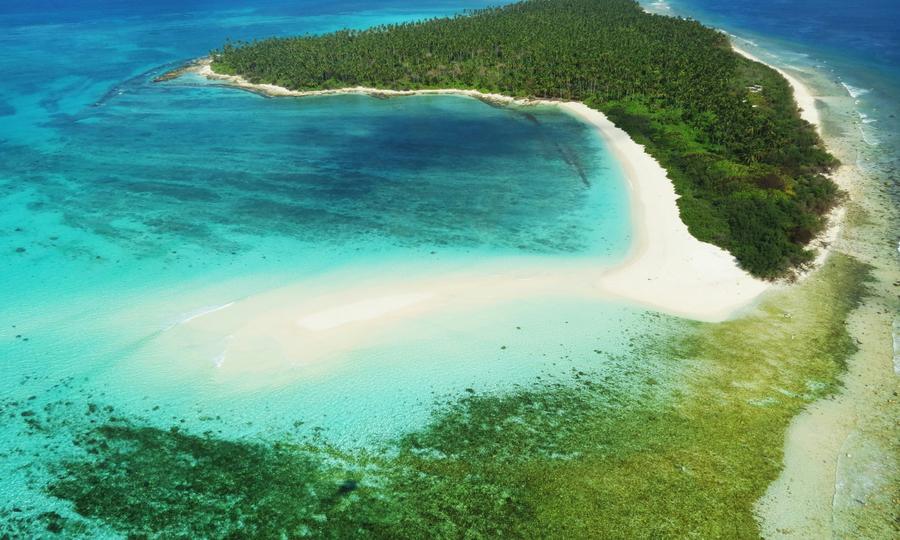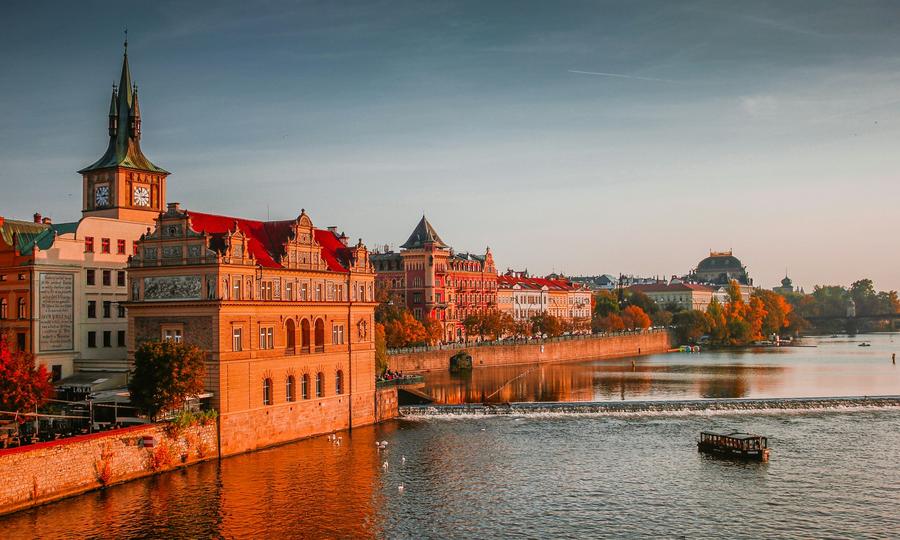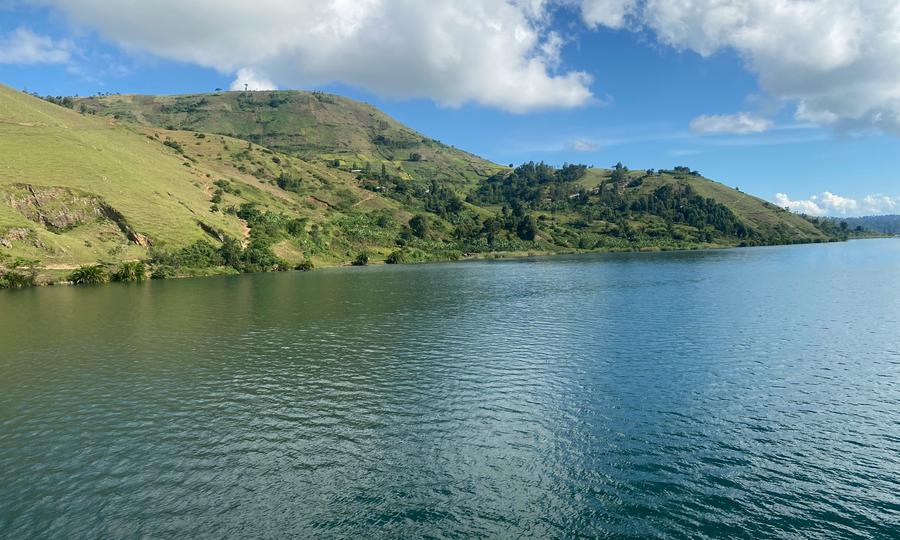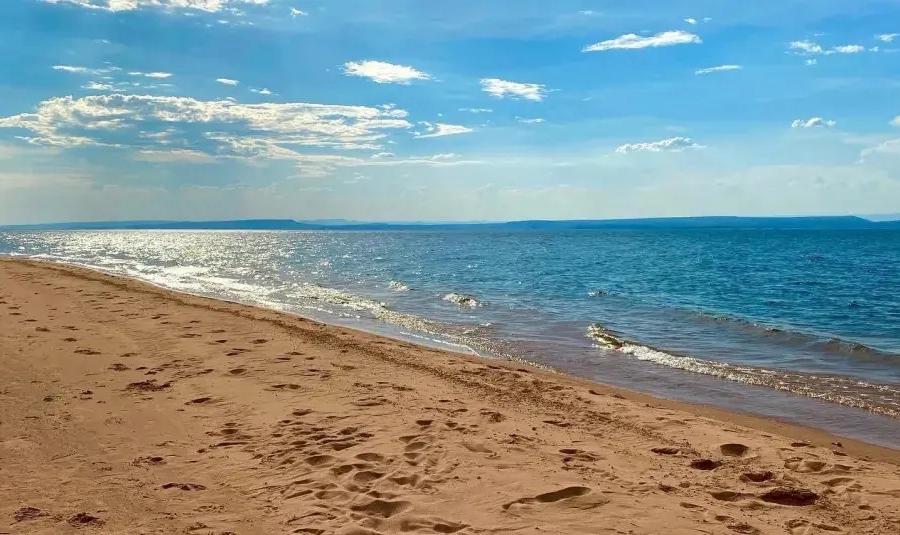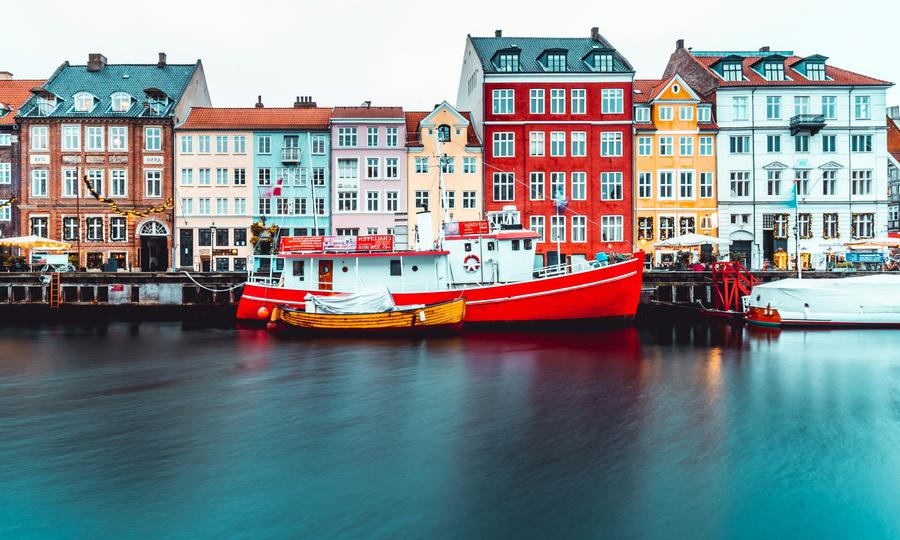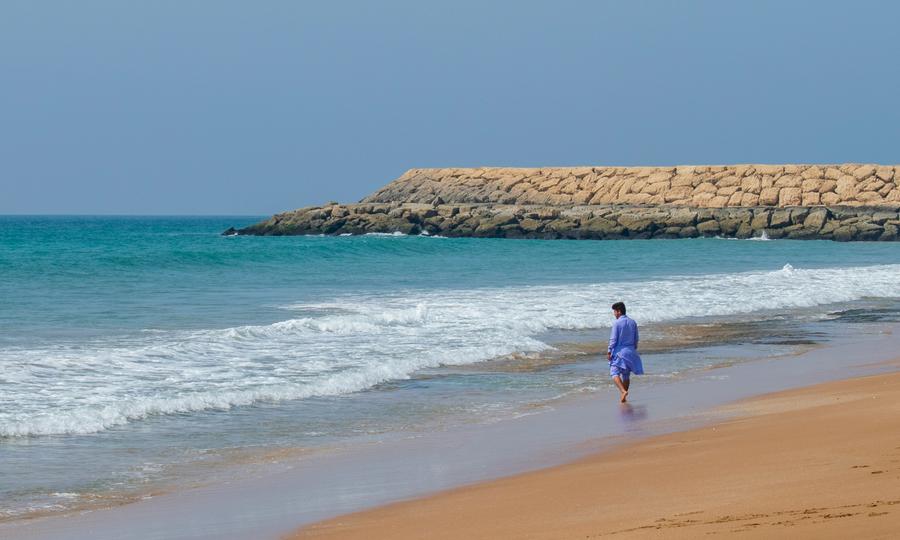Introduction
India is a nation deeply rooted in tradition and cultural values where the concept of nudism is largely taboo and faces stringent legal restrictions. This comprehensive overview delves into the legal stance on nudism in India, the existence of designated nudist beaches, guidelines and etiquette for such spaces, ways to avoid legal issues, cultural considerations, and concludes with insights for travelers and enthusiasts.

Legal Stance on Nudism in India
In India, public nudity is generally considered obscene and is prohibited under various sections of the Indian Penal Code (IPC). Sections such as 294 deal with obscenity in public places, making acts of public indecency punishable offenses. Engaging in public nudity can lead to legal consequences, including fines and imprisonment.
The Constitution of India grants its citizens the right to wear attire of their choice; however, this is subject to public order, decency, and morality. Therefore, while individuals have the freedom to dress as they please, this right is curtailed when it comes to public nudity, which is deemed offensive by prevailing societal standards (Wikipedia).
Designated Nudist Beaches
While public nudity is not legally permitted in India, there are a few hidden spots where one can embrace body freedom in complete privacy. Thanks to their remote locations, these beaches offer a unique charm, allowing visitors to soak up the sun undisturbed (Times of India).
- Agatti Island Beach, Lakshadweep: Also known as the Topless Beach, this stunning island is dotted with coconut and palm trees, pristine white sands, and vibrant coral reefs. Its secluded nature makes it an ideal spot for those seeking privacy amidst breathtaking surroundings. However, access is restricted, and visitors need special permission to enter.
- Om Beach, Karnataka: Shaped like the sacred Om symbol, this picturesque beach is home to two freshwater springs. It attracts visitors looking for a serene getaway, where they can enjoy uninterrupted sunbathing in nature’s embrace.
- Marari Beach, Kerala: Kerala, often called God’s Own Country, is known for its welcoming spirit, and Marari Beach is no exception. This untouched paradise offers an ideal escape for those looking to relax, rejuvenate, and embrace nature without inhibition. The beach is relatively isolated, making it a perfect spot for a discreet retreat.
Guidelines and Etiquette for Nudist Beaches
In countries where nudist beaches are legal and recognized, certain guidelines and etiquette are commonly observed to ensure a respectful and comfortable environment for all visitors. While these do not apply directly to India due to the absence of such beaches, understanding them provides insight into naturist practices globally:
- Respect Personal Space: Always maintain a respectful distance from others to ensure privacy and comfort.
- Carry a Towel: It's customary to sit or lie on a towel for hygiene purposes.
- Avoid Photography: Taking photos without explicit consent is considered highly inappropriate.
- Adhere to Local Rules: Familiarize yourself with and follow any specific regulations or guidelines set by the beach or resort.
- Maintain Appropriate Behavior: Public sexual activity or overt displays of affection are unacceptable.
Avoiding Legal Issues
For individuals interested in naturism within India, it's crucial to prioritize privacy and adhere strictly to the law to avoid legal repercussions:
- Private Spaces: Engage in naturist activities only within the confines of private property where there is no risk of public exposure.
- Understand Local Laws: Familiarize yourself with the specific legal provisions related to public decency and obscenity in the region you are in.
- Seek Consent: Ensure that all participants are consenting adults and that no non-consenting individuals are exposed to nudity.
- Avoid Public Visibility: Even within private spaces, ensure that activities are not visible to the public to prevent potential legal issues.
Cultural Considerations
India has a deeply rooted cultural and traditional ethos, and travelers should always be mindful of local sensitivities. If you plan to visit these hidden spots, ensure that you do so discreetly, respecting the customs and sentiments of the local communities. Engaging in responsible tourism—such as avoiding unnecessary exposure, following any local guidelines, and keeping the environment clean—helps maintain harmony and preserves the sanctity of these beautiful locations.

Conclusion
While India may not officially have designated nude beaches, some hidden gems provide the perfect escape for those seeking privacy and a chance to connect with nature in their own way. If you're planning to visit, remember to be respectful of the local culture and environment. Always check for any legal restrictions or necessary permissions before heading to these spots.

